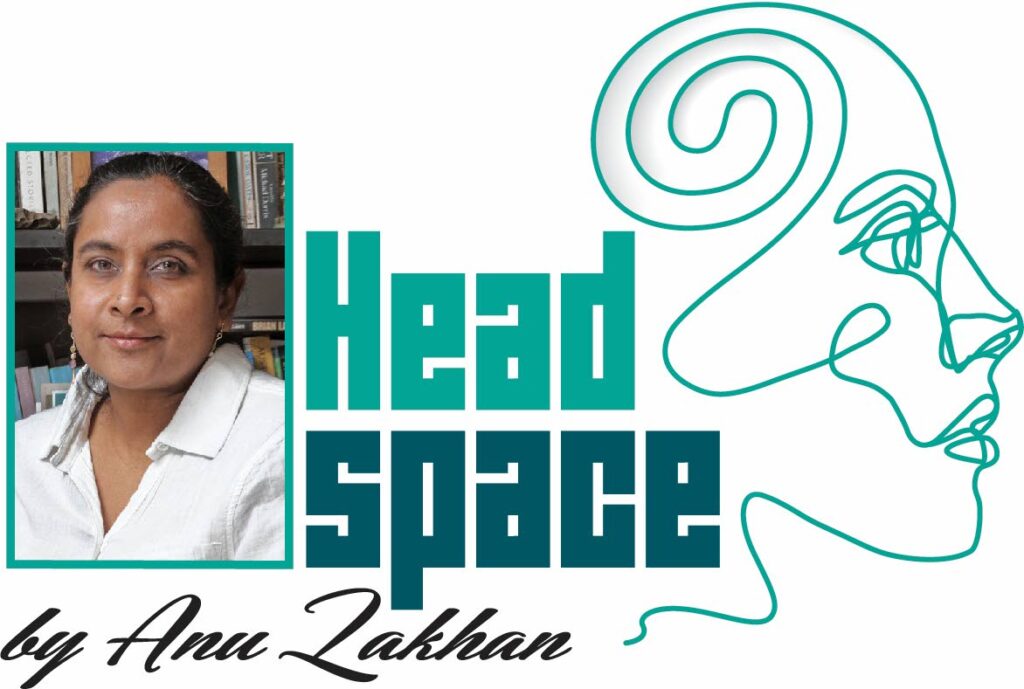So, you’re the sick one?

You meet all sorts of people in your university days. Friends, nemeses, nerds and ne’er-do-wells. There are people who like the same things you do, but you’re never going to spend a minute with them off campus. You may meet mentors.
You may see your future self in one of your professors and decide in a second you really need to change course (and courses). And you’ll probably be introduced to one or more people with whom feelings and limbs will become entangled.
Being unexceptional, I was no exception. But there was an extra. One more interesting introduction – engineered by a lecturer, no less – that made me realise how impossible it was to hide from myself.
I met a boy for no reason other than he, like me, was clinically depressed.
Well-meaning as it was intended – we’re still friends, by the by – there was something beyond cringey about the moment of meeting. We knew we were to meet. We hung back after class like two people who had been dreaming of a precious second alone.
I’m fairly certain our eyes didn’t meet. How could they?
What exactly was I supposed to say? “Hi, I’m Anu, I’ve always wanted to meet someone as broken as myself.”
Somehow, I don’t know, that didn’t seem like the way to make a new friend.
And yet that was the only reason we’d been encouraged to seek each other out. We were the sick ones. I was a sick person – I must want to meet my kind. Some staff members knew because sometimes we were given extra time to submit work. Because the pressure of work was too much. Because we crashed under the strain.
I crashed more and more often. They knew I could and would deliver, but I was a faulty machine, and when part of me broke, everything, including the research I so desperately wanted to do, had to wait until I was repaired.
Being the sick one is hideous. There may be other ways to describe it, but that’s mine. There are all sorts of children in families: the golden child, the scapegoat, the mascot, the lost child.
And then there’s the identified patient. Not all sources note this last one, but Psychology Today does.
“Identified patient” and I go way back, even though I didn’t always know that’s what it was called. When I was still new to having a diagnosis, a doctor and meds – crazy as it may sound – I was still ye average teenager.
I thought no one got me. Life, school, family – all, all was blick. This parent was controlling. This sister had the manner of an invasive plant. Everyone was somehow in my way.
That’s all normal teen drama, of course. Or not. Only some of it was.
One of my therapists described what I now know is the identified patient (IP) as being a sort of holder of family dysfunctions. Everything can be focused on the IP without anyone else having to fess up to their own issues or confront their need for help.
Behold, I was, in fact, not merely a basket case but a basket for unresolved problems, traumas and who-knows-what.
I’m not family-shaming. My family is no more problem-addled than anyone else’s. Nor less. But I found out early that everything was not actually my fault, and, more significantly, not my fault due to depression, anxiety, medication, or the influence of therapy.
The IP is a damned if you do/damned if you don’t model. No one wins here. You will be second-guessed. You may be assumed fragile unless proven otherwise. Depending on your family, you may never be treated like everyone else.
In short, you may never get the chance to understand what normal feels like.
I’ve seen the extreme cases in which the IP gets the Boo Radley treatment: allowed to shut themselves in, never seeing anyone, never interacting. I’ve seen perfectly sound people treated like invalids because that became their IP role.
People who are treated in the way I’ve described grow up and out of their homes. They go into the world. This is not a gentle thought to sit with.
The other side is to be treated exactly like everyone one else unless it’s convenient to bring up the matter of whatever a clinician once said was wrong with you. Maybe that’s another category entirely.
I hope to write more about the other kinds of children psychs identify. I wonder if you can be more than one. I know not.
Remember to talk to your doctor or therapist if you want to know more about what you read here. In many cases, there’s no single solution or diagnosis to a mental health concern. Many people suffer from more than one condition.


Comments
"So, you’re the sick one?"